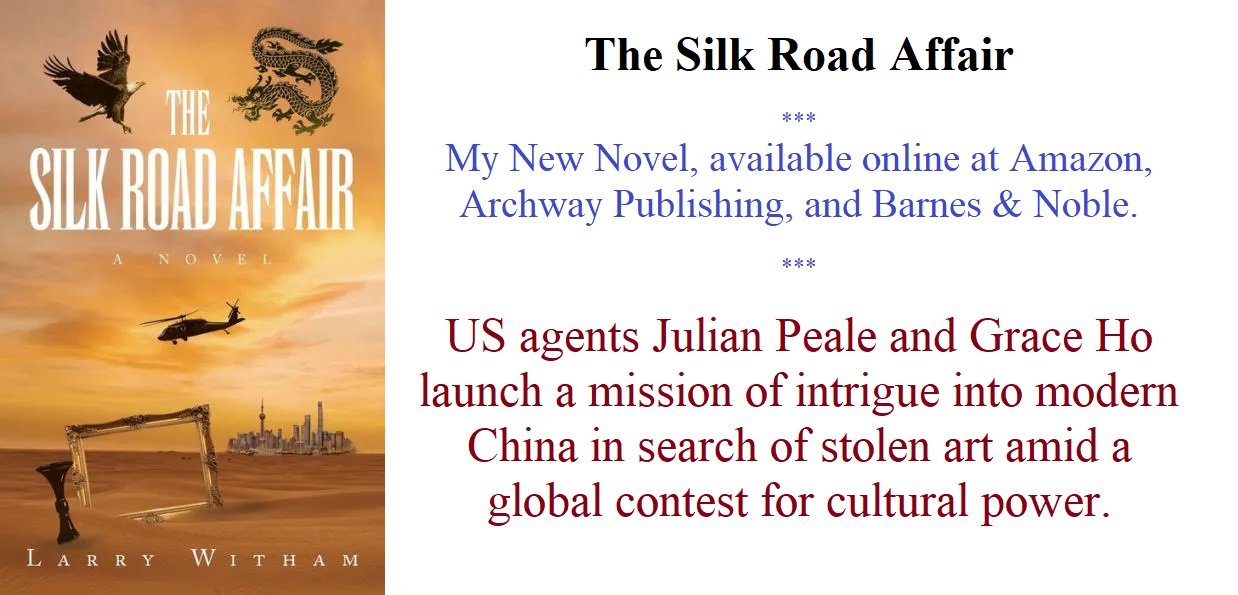I'M NOT SURE WHO coined the contemporary slogan, "Follow Your Passion," but I have a suggestion regarding its frequent use to describe making art. Let's put a moratorium on the "passion" term for five years. Then, we can reconsider its revival. Like all terms that are used too often, passion now tends to ring hollow, even though it’s a perfectly good English word.
According to Merriam-Webster, passion has twelve possible meanings, from the Passion (divine suffering) of Christ on the cross, to the romping in the hay of a man and woman in a bodice ripping romance novel (or even an act of murder). The dictionary gets much closer to our topic—a painter's emotions and motive force—in such definitions as "intense, driving, or overmastering feeling or conviction" and "a strong liking or desire for or devotion to some activity, object, or concept." And, more generally, "the emotions as distinguished from reason."
Clearly, when someone says they have "a passion" for some activity, it is a kind of statement that they are an emotionally healthy human being, maybe even super-healthy. They are really into it. For better or worse, though, the term tends to carry baggage not only from literature, but from the 1960s, one might argue. It was in the years following that fashion, art, and advertising began to tell us that we should follow our passions.
That was an idea that certainly sounded reasonable to me when I was college-student age in the San Francisco Bay Area, where "passion," indeed, self-expression, and even cultural revolution, were part of the sixties-and-seventies mindset. A prominent scientist at the University of California, Berkeley, put his finger on it when he wrote of “the end of progress,” and rise of “the new Polynesia,” meaning a halcyon time of leisure and expressiveness.
The historian of modern art, Roger Shattuck, made a similar observation about the painters and poets of “fin de siècle (century’s end) Paris, arguing that the emotion of the artistic outburst was childlike, a “cult of childhood” for adults, as opposed to measured or moderated. This, I suppose, is what I mean by the baggage that seems to go with the overuse of "passion" by artists.
I think what they are saying is that they feel deep emotional gratification by making art. As the psychologists will tell us, emotion is a complex thing. The typical dichotomy is between the cerebral cortex—the front of the brain that learns and calculates—and the amygdala, the most primitive part at the top of the spinal cord where emotional response (fight or flight, or reward) is stirred.
One way to put "follow our passions" in perspective is to compare that slogan with old-fashioned ideas about human motivation. We can start with the four cardinal virtues: prudence, temperance, fortitude, and justice. None of the four seem to be based in pure passion, though fortitude may suggest conviction and motivation. Looked at more closely, perhaps even prudence (careful judgement), temperance (self-control), and justice (deciding what's good and right) would certainly bolster an artist’s life and work.
Even Aesop's fables, not to mention the Stoics of ancient Greece, offer the idea that a kind of detachment actually improves human performance, though it may not promise the indulgent pleasures of those other ancient Greeks, the Epicureans (carpe diem, “sieze the day”).
One interpreter of eight famous stories by Aesop distilled them to eight lessons for adults, which will include artists: lead by example; learn from others’ mistakes; balance work and play; adapt to your surroundings; don’t make assumptions; don’t listen to others’ negativity; give credit where it’s due, and, a simple answer is often the best.
Granted, the aforementioned old fashioned values do not exactly compare with the compelling idea of feeling passion, a motivation, love or interest so strong that it can move mountains. Yet as we all know, such passions can be temporary or fleeting, hard to maintain toward real goals in life. Passion needs a balancing wheel, sometimes a break, and occasionally a gas pedal for sure.
All this means is that passion has become a kind of inflated word, a catchall, a placeholder for a much more complex matrix of human motivations that prompt people to be productive, and excellence in what they produce. An art magazine advertises “improve your passion,” and an artist is touted as “finding his passion to paint from life.”
Still, may I recommend: If we don't say "painting is my passion" for the next five years, then in 2025 it will again sound really interesting to say it. And since artists are supposed to be non-conformist, why say what all the TV and magazine ads are saying, mindlessly?

